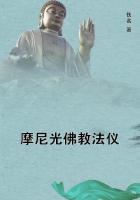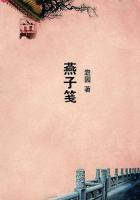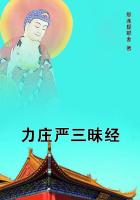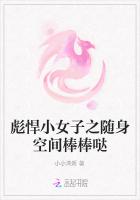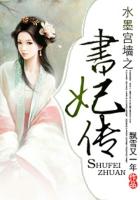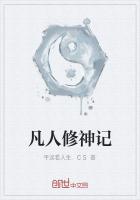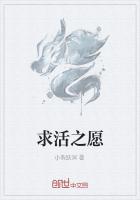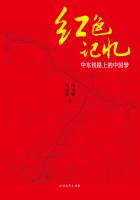CHAP.4.--THE OPINION OF THE PERIPATETICSAND STOICS ABOUT MENTAL EMOTIONS.
Among the philosophers there are two opinions about these mental emotions, which the Greeks call <greek>paqh</greek>, while some of our own writers, as Cicero, call them perturbations,(2) some affections, and some, to render the Greek word more accurately, passions.Some say that even the wise man is subject to these perturbations, though moderated and controlled by reason, which imposes laws upon them, and so restrains them within necessary bounds.This is the opinion of the Platonists and Aristotelians; for Aristotle was Plato's disciple, and the founder of the Peripatetic school.But others, as the Stoics, are of opinion that the wise man is not subject to these perturbations.But Cicero, in his book De Finibus, shows that the Stoics are here at variance with the Platonists and Peripatetics rather in words than in reality; for the Stoics decline to apply the term "goods" to external and bodily advantages,(3) because they reckon that the only good is virtue, the art of living well, and this exists only in the mind.The other philosophers, again, use the simple and customary phraseology, and do not scruple to call these things goods, though in comparison of virtue, which guides our life, they are little and of small esteem.And thus it is obvious that, whether these outward things are called goods or advantages, they are held in the same estimation by both parties, and that in this matter the Stoics are pleasing themselves merely with a novel phraseology.It seems, then, to me that in this question, whether the wise man is subject to mental passions, or wholly free from them, the controversy is one of words rather than of things; for I think that, if the reality and not the mere sound of the words is considered, the Stoics hold precisely the same opinion as the Platonists and Peripatetics.For, omitting for brevity's sake other proofs which I might adduce in support of this opinion, I will state but one which I consider conclusive.Aulus Gellius, a man of extensive erudition, and gifted with an eloquent and graceful style, relates, in his work entitled Noctes Atticae(1) that he once made a voyage with an eminent Stoic philosopher;and he goes on to relate fully and with gusto what I shall barely state, that when the ship was tossed and in danger from a violent storm, the philosopher grew pale with terror.This was noticed by those on board, who, though themselves threatened with death, were curious to see whether a philosopher would be agitated like other men.When the tempest had passed over, and as soon as their security gave them freedom to resume their talk, one of the passengers, a rich and luxurious Asiatic, begins to banter the philosopher, and rally him because he had even become pale with fear, while he himself had been unmoved by the impending destruction.But the philosopher availed himself of the reply of Aristippus the Socratic, who, on finding himself similarly bantered by a man of the same character, answered, "You had no cause for anxiety for the soul of a profligate debauchee, but I had reason to be alarmed for the soul of Aristippus." The rich man being thus disposed of, Aulus Gellius asked the philosopher, in the interests of science and not to annoy him, what was the reason of his fear? And he willing to instruct a man so zealous in the pursuit of knowledge, at once took from his wallet a book of Epictetus the Stoic,(2) in which doctrines were advanced which precisely harmonized with those of Zeno and Chrysippus, the founders of the Stoical school.Aulus Gellius says that he read in this book that the Stoics maintain that there are certain impressions made on the soul by external objects which they call phantasiae, and that it is not in the power of the soul to determine whether or when it shall be invaded by these.

